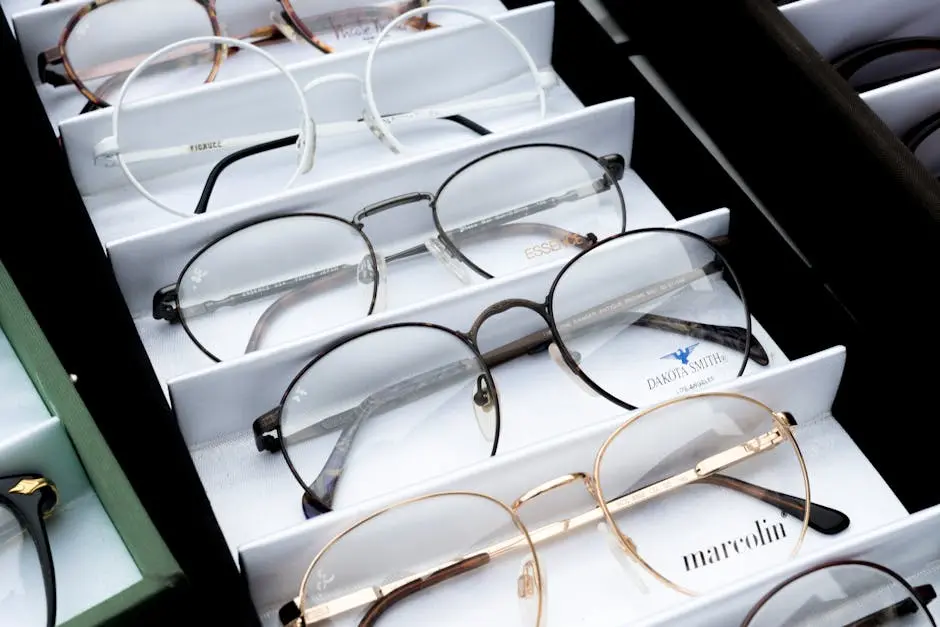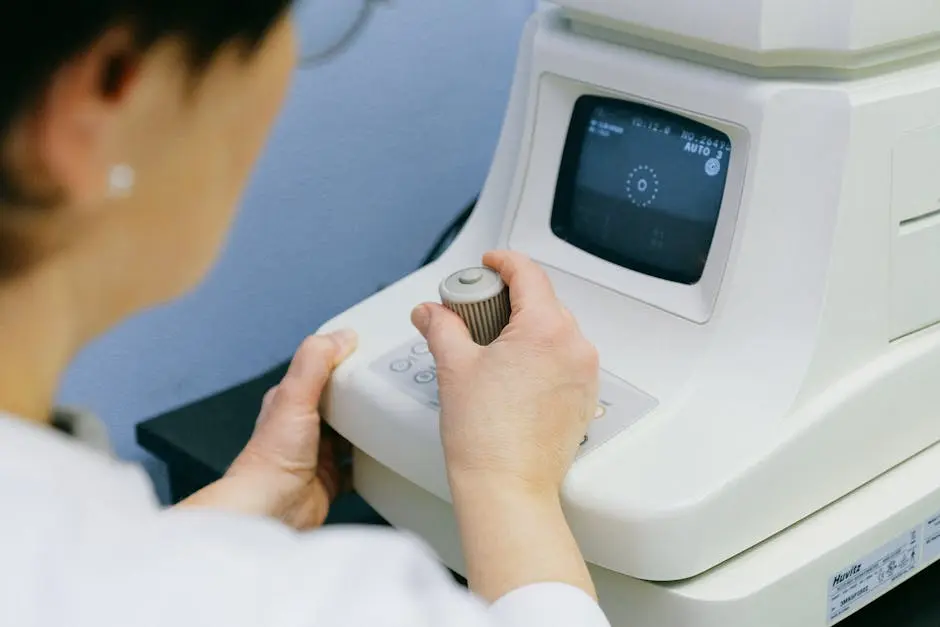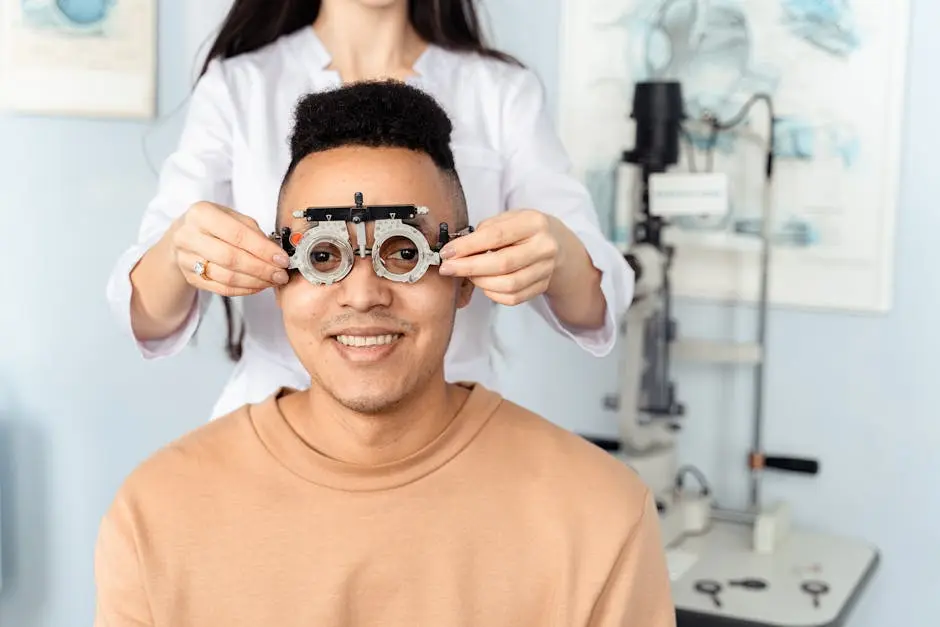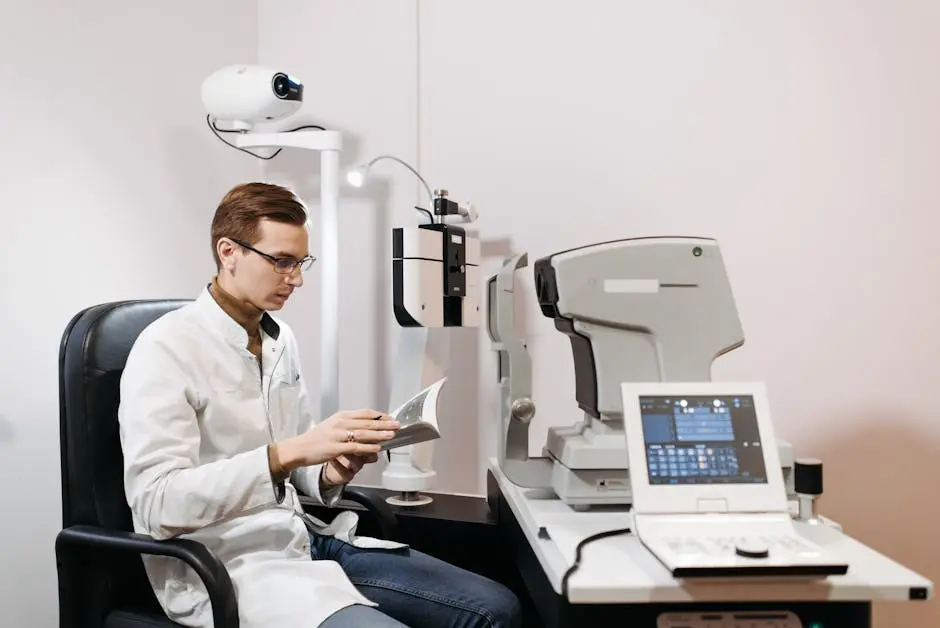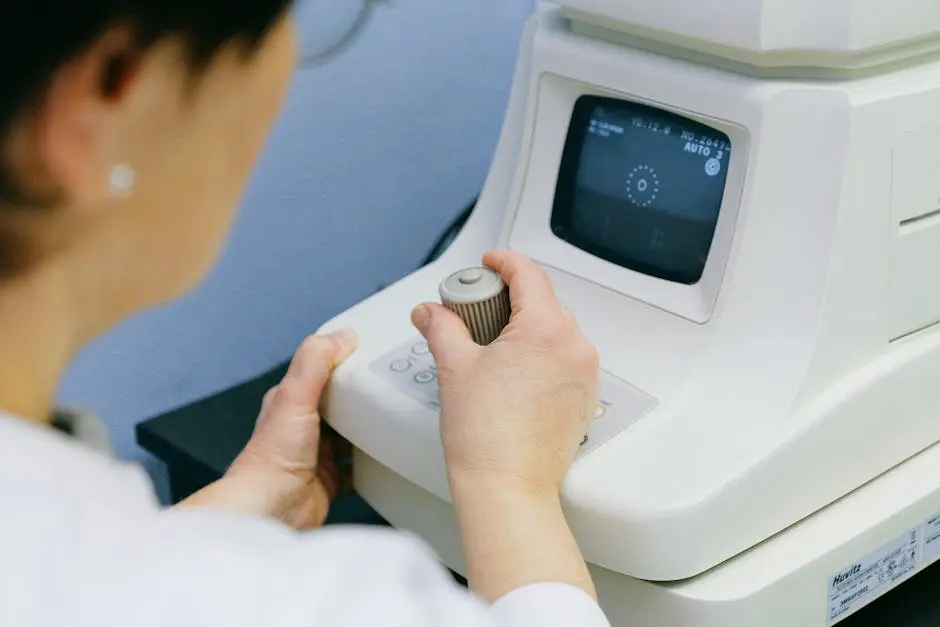How Do I Choose the Right Designer Glasses for My Face Shape?
Finding the perfect pair of designer glasses to suit your face shape can be a daunting task. With so many styles and trends in eyewear, it’s essential to know what works best for your unique features. In this guide, we’ll break down the key steps to help you choose glasses that not only enhance your look but also reflect your personal style.
Determine Your Face Shape
Before you start shopping for glasses, it’s important to identify your face shape. The most common face shapes are round, oval, square, heart, and diamond. Knowing your face shape will guide your choice in frames that enhance your features.
A simple way to determine your face shape is by observing your jawline, cheekbones, and forehead. For instance, if your face is as long as it is wide, you might have a round face. On the other hand, if your forehead is the broadest part of your face, you likely have a heart-shaped face.
Utilizing a mirror and a soft measuring tape can help you get accurate measurements. Stand in front of a mirror and trace the outline of your face using the reflection. This can give you a clearer view of your face shape.
Match Frames to Your Face Shape
Each face shape benefits from different frame styles. For instance, round faces look great with rectangular frames that add angles, while oval faces can pull off most frame shapes. Understanding these nuances will help you narrow down your options.
If you have a square face, rounded or oval frames can soften your strong jawline. Heart-shaped faces can benefit from frames that are wider at the top than the bottom, helping to balance the face.
Diamond-shaped faces, which are characterized by high cheekbones, narrow chin, and wide forehead, can shine with frames that have distinctive detailing or shapes. Rimless styles work particularly well to emphasize your natural features without overwhelming them.
Consider Color and Material
The color and material of your glasses can affect both aesthetics and functionality. Choose colors that complement your skin tone and materials that fit your lifestyle, whether it’s classic acetate or trendy metals.
If you are someone who loves bold fashion choices, consider colorful frames to add a pop of personality to your look. Those who prefer a more subtle presence might opt for neutral tones that blend seamlessly with various outfits.
Material choice can influence comfort and durability. While lightweight metal frames are popular for their sleek design, acetate frames offer a comfortable fit and come in a multitude of colors and patterns.
Prioritize Comfort and Fit
Comfort is key when it comes to eyewear. Make sure the frames fit well on your nose and ears and feel comfortable for extended wear. A good fit ensures that your glasses will not only look great but also feel great.
Trying on different sizes and styles can help you determine the best fit. Look for adjustable nose pads and lightweight frames if you need long-term wearability.
Remember that proper fitting can prevent common issues such as pressure marks or uncomfortable slipping. Always test the glasses by moving your head around to ensure they stay in place while keeping your vision clear.
Reflect Your Personal Style
Finally, your designer glasses should reflect your personal style. Whether you opt for a bold, trendy pair or something more classic, your glasses are an accessory that should make you feel confident and stylish.
Experiment with frames that offer unique shapes or incorporate artistic elements. Choose designs that align with your lifestyle and make you excited to wear them each day.
Find the Perfect Pair for Your Look
Choosing the right designer glasses involves understanding your face shape and pairing it with frames that complement your features. By following these steps, you’ll be well on your way to finding the perfect glasses that enhance your natural look and express your style.

